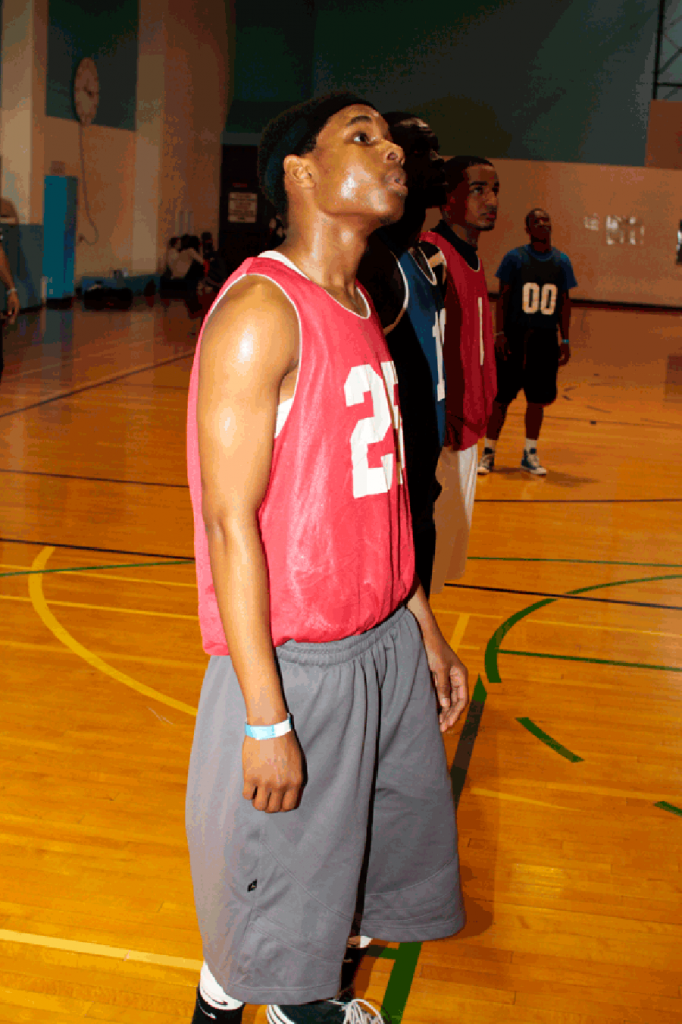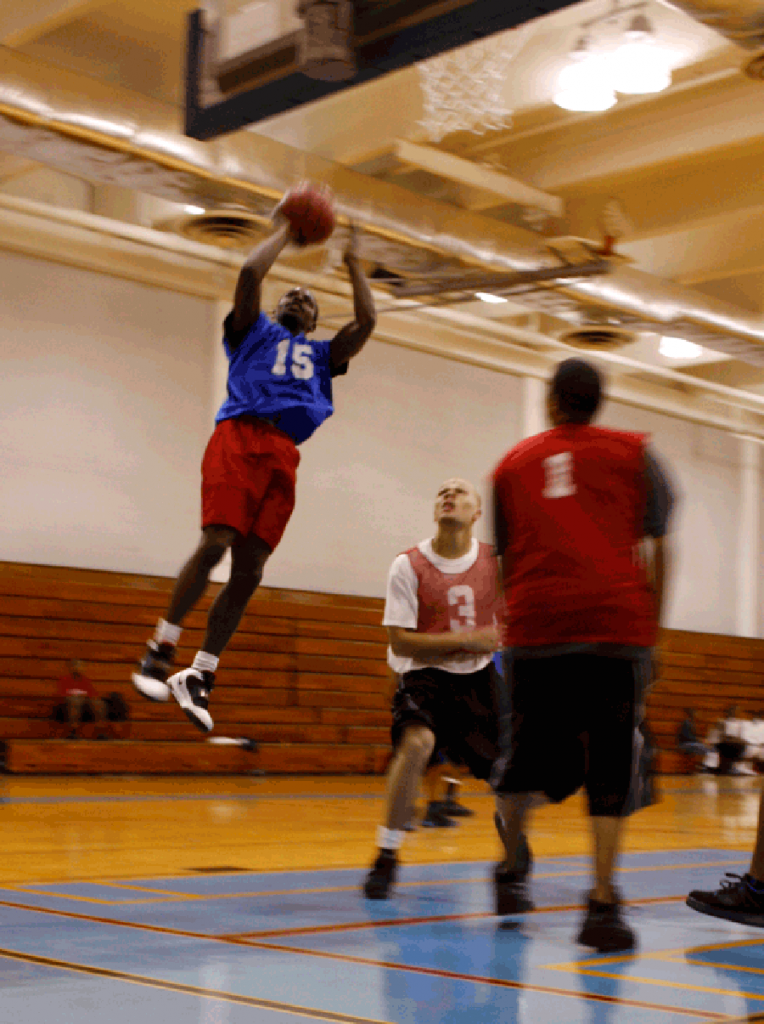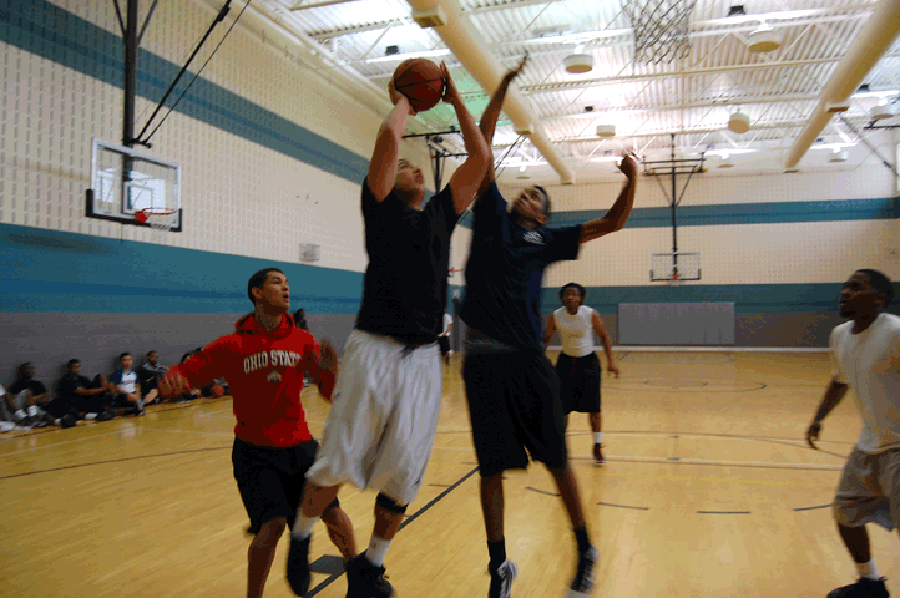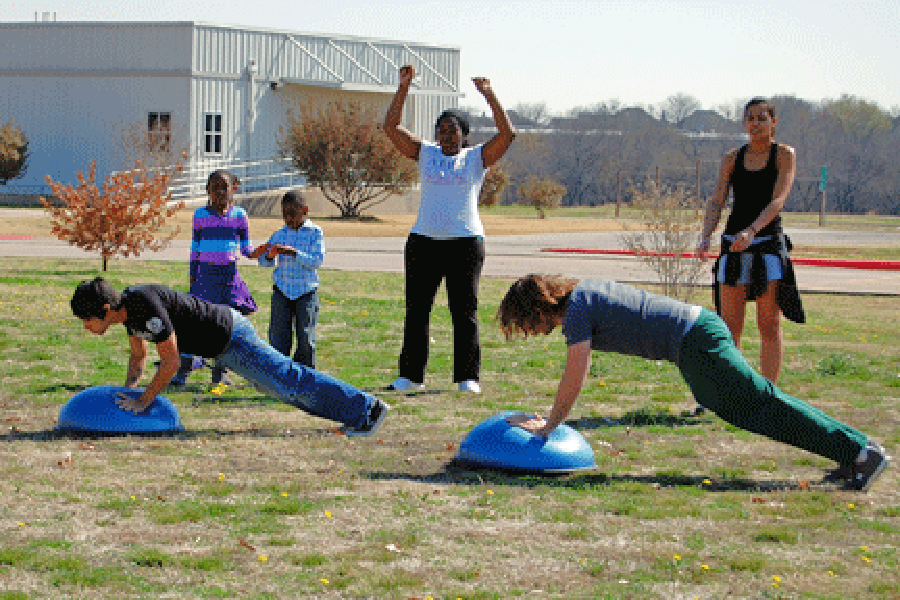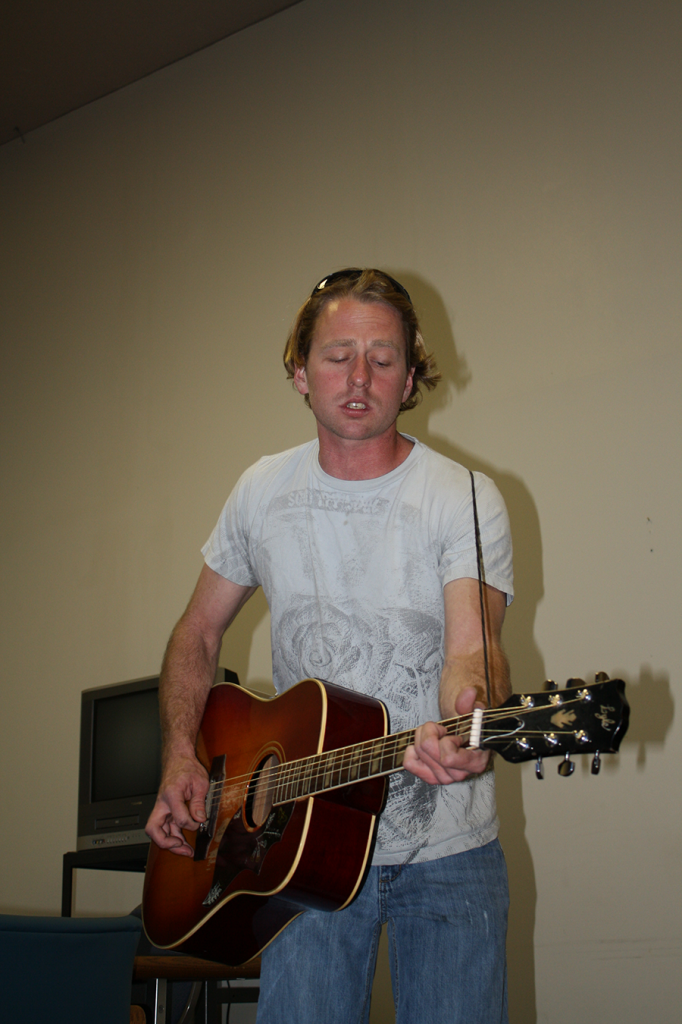By Justin Leveritt/reporter
Trinity River Equality in Education, a campus group, brought issues of lesbian, gay, bisexual, questioning, transgendered and allied youth to the forefront during a panel discussion Feb. 17 on TR Campus.
A larger portion of the discussion revolved around community involvement and what one can do to gain equality in schools around the Metroplex.
An even larger number of questions concerned the involvement of peers with youth and how one should speak to youth who may be questioning or open.
Oscar Avila, TREE organizer, opened the segment with the first question.
“What do you feel is the climate? Where do you see it going?” he asked.
All panelists gave insight, but Thomas Anable, president of Fairness Fort Worth, gave an earlier example of the hostile background of being openly gay through the mid-1990s and early 2000s contrasted with how the community has advanced positively since then.
“The 6,500 city [Fort Worth] employees now have to get a four-hour hands-on LGBT course in diversity training taught by gay people,” he said.
The lack of training for Fort Worth ISD teachers regarding area students who may be questioning was discussed.
Dr. Carlos Vasquez, a Fort Worth ISD board member, explained that his district currently is assessing the situation.
“The only people in our schools that have any training, that would be the counselors,’’ he said.
Planned training was set up in partnership with Fairness Fort Worth but was postponed because of last month’s inclement weather.
Anable described some of the steps Fairness Fort Worth planned with administrators in FWISD.
“We had the Human Rights Campaign hire an education coordinator to go into the DFW schools to help implement their work in schools’ early intervention programs,” he said.
Letty Gallegos, TR weekend college services director, asked Marcy Paul, a community advocate who directs Dialogue on Race, a YWCA program that promotes open discussions, about prejudice.
Paul said most dialogues concern a large body of research, but she focuses on intersectionality, a study of relationships on multi-dimensions.
“You really can’t address that person as one thing,” she said. “We have to look at the whole person, part of the whole person is not every aspect.
“I may see your face is black, but I have no idea who you are. The more we get to understand we can’t just chop people off at the one thing we want to target about you.”
TCC students who want to get involved with TREE can contact the TR student life center at 817-515-1197 or visit www.FairnessFortWorth.com for community involvement.























